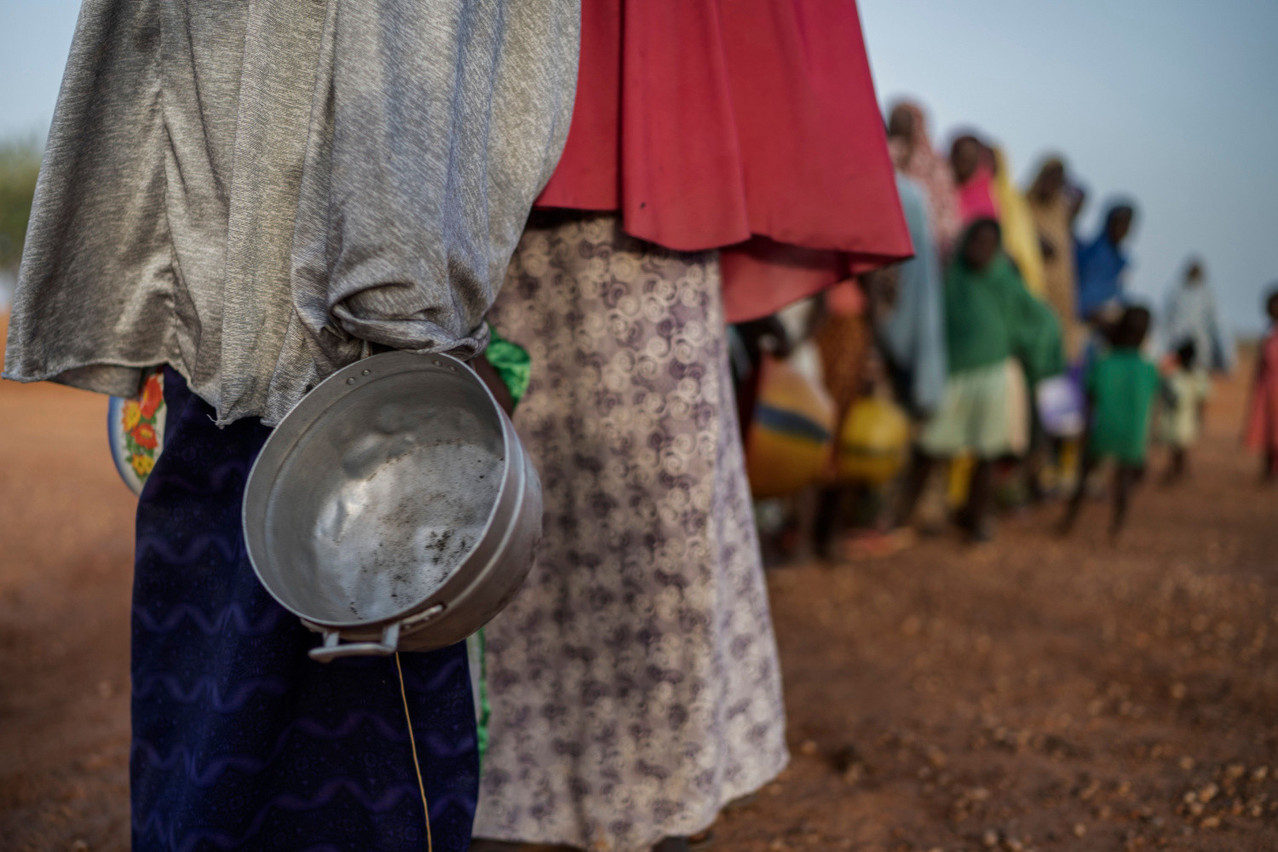“The planet could need to increase food production by about 50% in the next three decades in order to feed its growing population.”
So says Joseph P. Quinlan--Merrill and Bank of America’s head of CIO market strategy--in a note on investment sectors lacking visibility. He adds: “Equipment shortages, higher input costs, climate challenges and burgeoning demand from the emerging-markets middle class all suggest more upside earnings potential for the global agricultural complex.”
A simplistic analysis? Perhaps. And this is the problem: this perspective appears too general in nature. Yet it is based on from July 2021, done by Michiel van Dijk, Tom Morley, Marie Louise Rau and Yashar Saghaï. In it, the four researchers conclude that “total global food demand is expected to increase by 35% to 56% between 2010 and 2050, while population at risk of hunger is expected to change by -91% to +8% over the same period. If climate change is taken into account, the ranges change slightly (+30% to +62% for total food demand and -91% to +30% for population at risk of hunger).”
Today, more than 700 million people face hunger. “Smallholder farmers produce about one-third of the world’s food and an estimated 80% of the food in many low- and middle- income countries,” observes Rein Paulsen, director of the Office of Emergencies and Resilience within the UN’s Food and Agriculture Organisation. “Yet, on average, the international community allocates only 4% of the humanitarian aid that goes to the food sector in countries hit by the food crisis toward protecting agricultural livelihoods.”
It’s possible to look at the problem from a number of very different angles: while Europeans are trying to limit the waste on plates, in supermarkets or in restaurant kitchens--the first step ahead of developing real alternatives to meat, fish or another ingredients whose cultivation poses a problem--we are beginning to find African and Asian startups addressing other points that are as specific as they are promising.
For example, Thailand’s award-winning matches local food production statistics with hunger statistics, which it does vending machines (“GreenStores”) filled with produce.
Or take the Kenyan company , according to which 2.5bn people in the world eat street food, even though the cooking and storage conditions are often deplorable. So the company came up with the Alisi Trolley, a solar-powered food trolley that eliminates the need to burn charcoal. The stored energy is converted into thermal energy, autonomously heating the food to ensure safety, while generating surplus energy to power LED lights and recharge mobile phones.
A company to watch
Award-winning Chilean startup The Live Green Co. has raised $7m in pre-series A funding and has announced a spectacular series A round for its Chakara platform, a sort of database of ancestral recipes with health benefits that experts can call on to produce 100% plant-based foods. “We have identified over 30 product lines and more than 150 additives that are being consumed the most across the globe, and we are currently focused on creating tastier, healthier, and more sustainable plant-only alternatives for these using Charaka,” says cofounder and COO Sasikanth Chemalamudi.
Adds the company website: “More than 70% of our food today, even plant-based, is ultra-processed... which can cause immunity, lifestyle and heart diseases and even cancer.” Hence, the interest in replacing it with biotechnology.
This article in Paperjam. It has been translated and edited for Delano.
